Sea moss, also known as Irish moss, is a type of red algae that is gaining popularity for its numerous health benefits. It is particularly noted for its potential advantages for individuals managing diabetes. We'll explore the various benefits of sea moss, how to incorporate it into your diet, the scientific evidence supporting its use, and any potential health concerns.
Why People Love Sea Moss for Diabetes
Rich in Nutrients: Sea moss is renowned for its impressive mineral content, offering 92 of the 102 minerals the human body needs to function optimally. These include essential minerals like iodine, magnesium, potassium, calcium, and zinc—all of which play key roles in metabolic health, hormone regulation, and cellular function. By replenishing the body with these vital minerals, sea moss may help maintain balanced blood sugar levels and support overall wellness.
Supports Gut Health: The prebiotic properties of sea moss can promote a healthy gut microbiome. A balanced gut flora is crucial for effective digestion and can play a role in controlling blood sugar levels.
Anti-Inflammatory Properties: Chronic inflammation is a common issue in diabetes. Sea moss has anti-inflammatory properties that can help reduce inflammation in the body, potentially lowering the risk of diabetes-related complications.
Blood Sugar Regulation: Some studies suggest that sea moss may help regulate blood sugar levels. It can slow down the absorption of sugars in the bloodstream, leading to more stable blood sugar levels throughout the day.
Weight Management: Maintaining a healthy weight is essential for diabetes management. Sea moss may support weight loss efforts due to its low-calorie content and ability to promote feelings of fullness.
Simple Ways to Add Sea Moss to Your Daily Routine
Incorporating sea moss into your diet is simple. Here are a few popular methods:
Sea Moss Gel: Sea Moss Gel is a popular option for consumption. This gel can be added to smoothies, soups, or used as a thickener in recipes.
Capsules: For those who prefer convenience, sea moss capsules are available as an option, offering controlled dosages and an easy way to incorporate its benefits into a daily supplement routine—perfect for people with busy lifestyles or those who prefer not to taste sea moss directly.
Powder: Sea moss powder can be added to smoothies, tea, or baked goods for an extra nutritional boost.
What the Research Says
Research on the benefits of sea moss is still emerging, but several studies have highlighted its potential health benefits. For instance, a study published on PubMed discusses the nutrient profile of sea moss and its potential role in managing blood sugar levels. The study indicates that the bioactive compounds in sea moss may have a positive effect on glucose metabolism.
What to Know Before You Start
Sea moss is generally considered safe for most people when consumed in moderation. However, excessive consumption may lead to:
Iodine Overload: Sea moss is high in iodine, which can affect thyroid function if consumed in large amounts.
Digestive Issues: Some individuals may experience gastrointestinal discomfort, especially if they are not used to high-fiber foods.
Note: It is always recommended to consult with a healthcare professional before adding any new supplement to your diet, especially if you have existing health conditions or are on medication.
Sea Moss & Diabetes: Your Questions Answered
1. Can sea moss help lower blood sugar levels?
Some studies suggest that sea moss may help regulate blood sugar levels by slowing down sugar absorption in the bloodstream.
2. How much sea moss should I take daily?
A common recommendation is 1-2 tablespoons of sea moss gel or 500-1000 mg of sea moss capsules daily, but it's best to consult with a healthcare provider for personalized advice.
3. Are there any side effects of consuming sea moss?
While considered safe for most, excessive consumption can lead to iodine overload and possible digestive issues. Moderation is key.
4. Can sea moss help lower blood sugar levels?
Some studies suggest that sea moss may help regulate blood sugar levels by slowing down sugar absorption in the bloodstream.
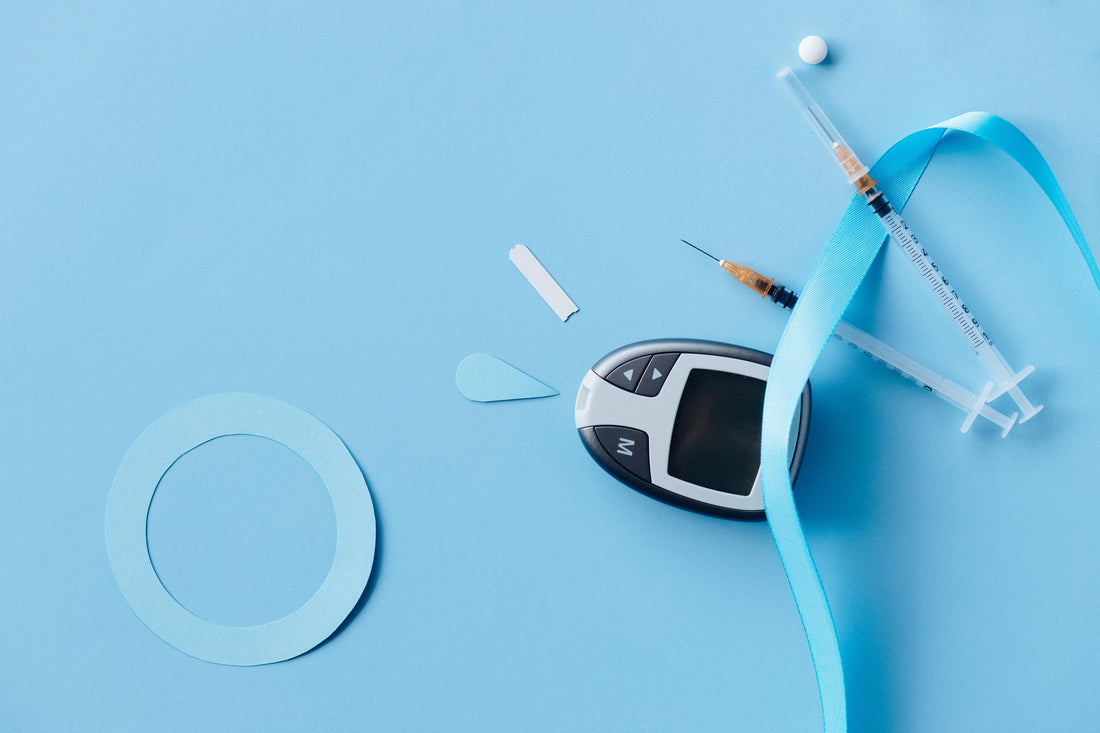
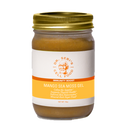
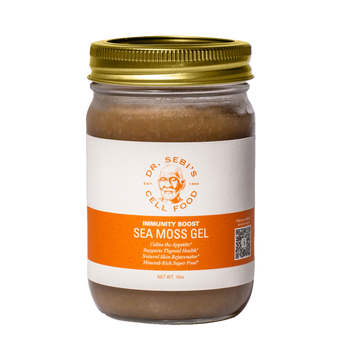

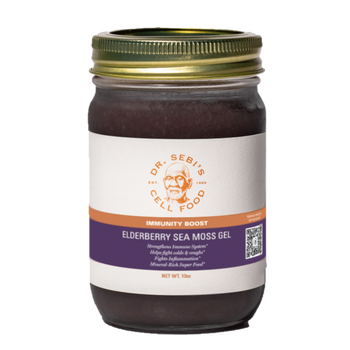

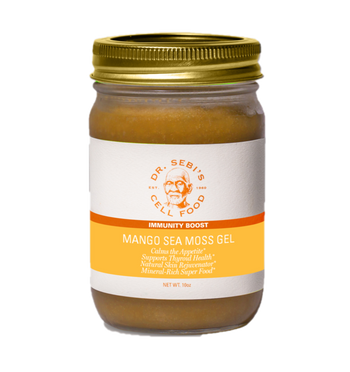
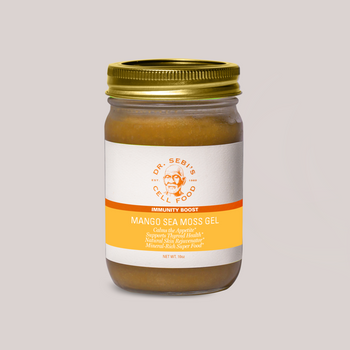
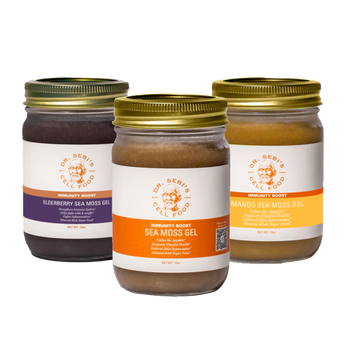



















































1 comment
Can any of your products help with neuropathy, if so, which ones should I order. My left has side developed numbness & tingling from my hip down to my toes.